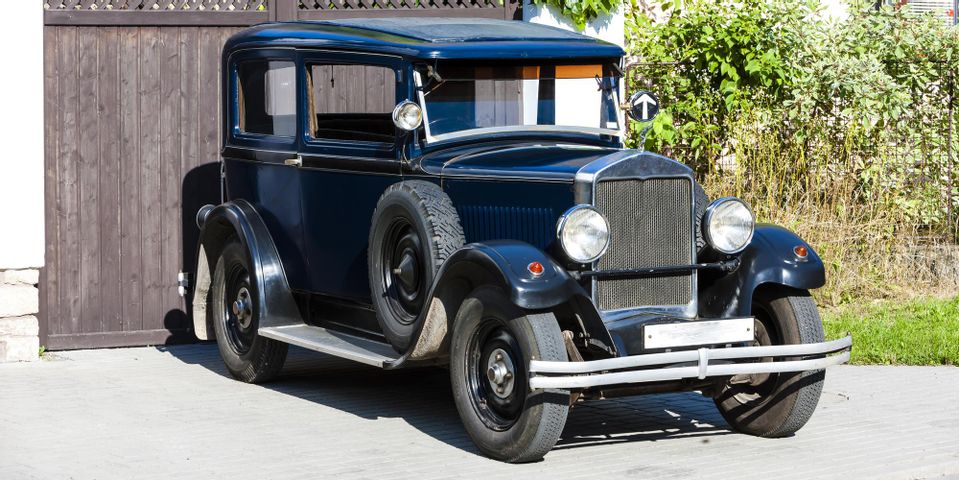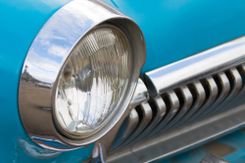How to Know if Your Classic Car Is Worth Restoring

When it comes to classic cars, there’s a fine line between owning a collector car and a nostalgic eyesore. While you might adore that old Corvette or Mustang, it could have little value to others, even restored. Before you invest time and money in a restoration, consider these ways to determine if it’s suitable as a collector car first.
Determining Its Worth
When it comes to restoring a classic or antique car, there will be many costs involved. Finding parts and body pieces for older cars can be an expensive challenge, depending on the year, make, and model.
 Contacting an expert familiar with collector cars should be your first step. You can find people experienced in restoring classic cars at auto shows and through antique clubs. Send them photos and information and ask their expert opinion. They will likely have extensive knowledge about the automotive systems you’ll need to restore the car, including where to get them and how much it will cost. In some cases, they might know of a potential buyer.
Contacting an expert familiar with collector cars should be your first step. You can find people experienced in restoring classic cars at auto shows and through antique clubs. Send them photos and information and ask their expert opinion. They will likely have extensive knowledge about the automotive systems you’ll need to restore the car, including where to get them and how much it will cost. In some cases, they might know of a potential buyer.
Deciding How to Complete a Restoration
Your decision should include the true condition of the car’s body and frame. Visit a body shop technician for an estimate and use that report to factor in additional costs. If you decide to go ahead and restore the vehicle, you’ll also have to determine if you will do the work or hire an expert to do it for you. There are auto companies that specialize in the restoration of classic cars. You can find and interview representatives from restoration shops at auto shows, too.
If you need an expert’s opinion, Charlotte AutoFair draws thousands to its auto show each April and September at the Charlotte Motor Speedway in North Carolina. Visitors will find an extensive collection of antique and collector cars on display, and you will have the chance to meet the owners to discuss the pros and cons of restoration. Call (704) 841-1990 to learn more about the event, or visit them online to become a vendor.
About the Business
Have a question? Ask the experts!
Send your question

